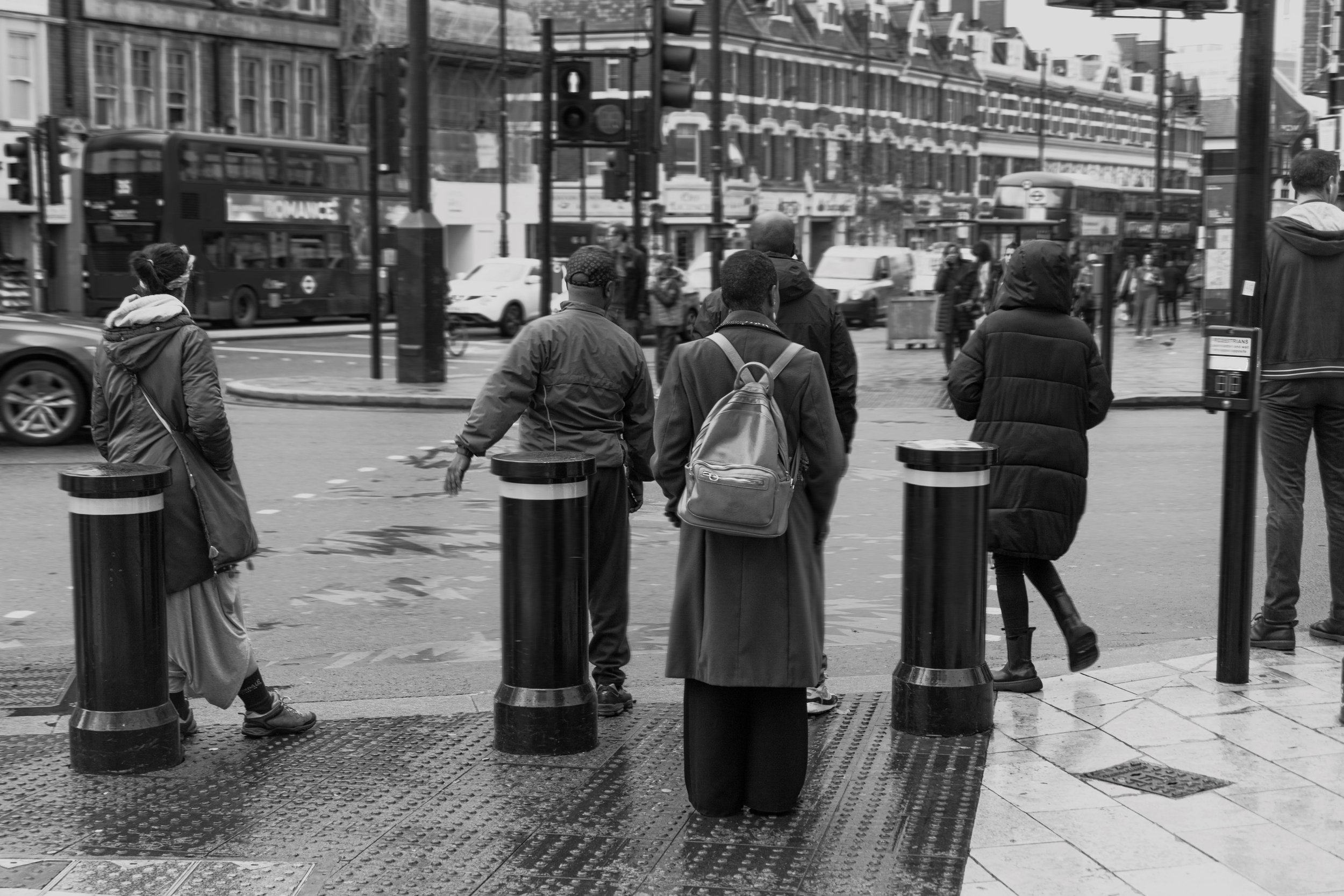
Commons provides a free, holistic support service for clients with underlying social needs alongside quality legal representation.
Our specialist Crisis Navigator works in parallel with our lawyers to help clients who require support with a range of issues such as debt, employment, family or housing instability or mental illness.
How the Crisis Navigation works
When a client wishes to use the service, the Crisis Navigator contacts them to assess the aspects of their life that they most urgently need help with and creates an action plan.
The Crisis Navigator adopts a compassionate, non-judgmental, client-centred approach and aims to build a trusted relationship with the client.
The Crisis Navigator then provides ongoing and consistent practical support necessary to meet the plan’s goals. This can include sign-posting, attending and arranging appointments, researching and making referrals or conducting advocacy to external organisations such as the local Council, charities or community groups. The crisis navigation service provides holistic support to address the client’s issues as a result of their involvement in the criminal justice process.
The aims of holistic defence
The concept of holistic defence in criminal law originates from the USA where organisations such as the Bronx Defenders in New York, took the model of a law firm to the next level by helping clients improve their personal circumstances and wellbeing as well as their legal case.
Research supported by the US Department of Justice shows that by using the holistic defence model, the likelihood of a custodial sentence is reduced by 16% and expected sentence length is reduced by 24%.
Since Commons launched our crisis navigation service in 2020, we have collected countless examples of where the outcome of a client’s case has been materially improved by holistic defence.


